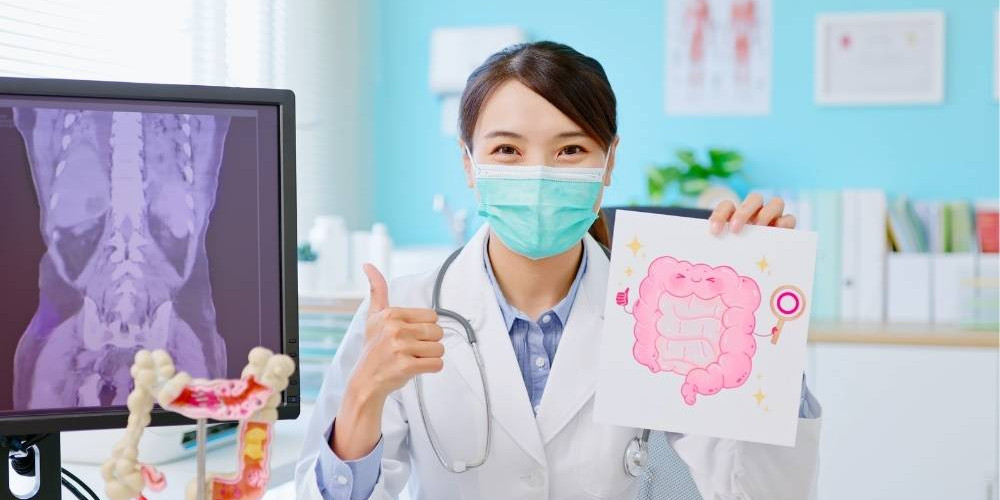Health is not only an individual responsibility—it’s a collective priority. Preventive health knowledge plays a powerful role in shaping communities that are healthier, more resilient, and better prepared for the challenges of modern living. By focusing on education, awareness, and early action, societies can reduce the burden of disease, improve quality of life, and build stronger, more supportive environments.
Reducing the Burden of Disease
When communities understand the importance of preventive care, they are better equipped to fight avoidable health issues such as diabetes, heart disease, or hypertension. Simple measures like routine check-ups, vaccination programs, and lifestyle education reduce the prevalence of chronic illness, easing the strain on healthcare systems.
Empowering Individuals With Knowledge
Preventive health isn’t only about medical services—it begins with education. When individuals know the risk factors of common diseases, the benefits of healthy diets, or the importance of regular exercise, they can make informed choices that protect their long-term health. Knowledge is the first line of defense against illness.

Strengthening Social Bonds
Communities that prioritize health awareness often foster stronger connections among their members. Health workshops, wellness programs, and shared initiatives encourage people to work together for collective well-being. These bonds create a sense of unity, trust, and responsibility that strengthens the community as a whole.
Improving Economic Stability
Healthier communities are more productive. Preventive health knowledge reduces absenteeism at work, lowers healthcare costs, and increases participation in education and community life. Stronger health outcomes directly translate to stronger economic and social stability.
Preparing for Future Challenges
From global pandemics to environmental health risks, modern societies face ongoing challenges. Communities armed with preventive health knowledge are better positioned to respond quickly, adapt effectively, and minimize long-term impacts. Preparedness today builds resilience for tomorrow.
Final Thoughts
Preventive health knowledge is more than a personal benefit—it is a community asset. By spreading awareness, encouraging healthy habits, and fostering collective action, communities become stronger, healthier, and more resilient. The path to a better future begins with informed choices made today.




